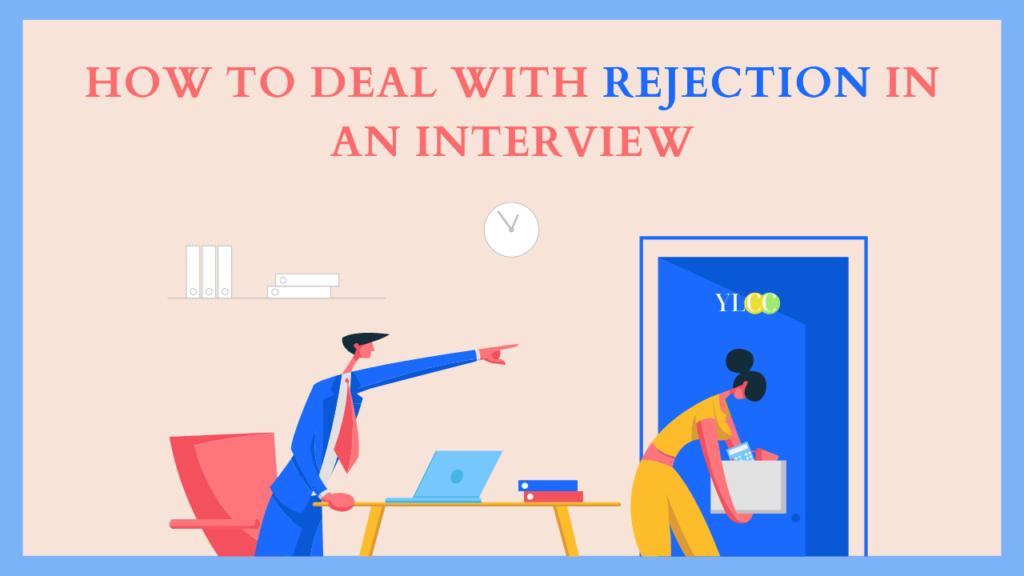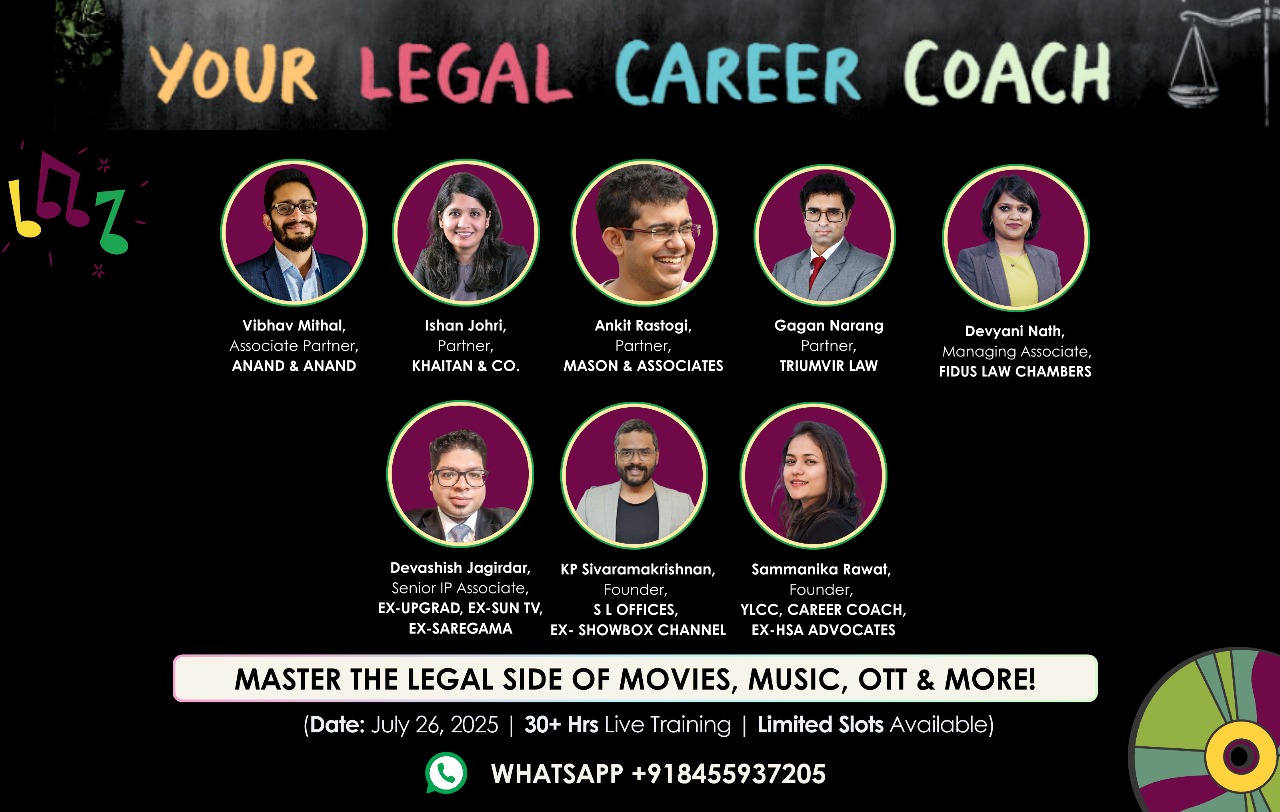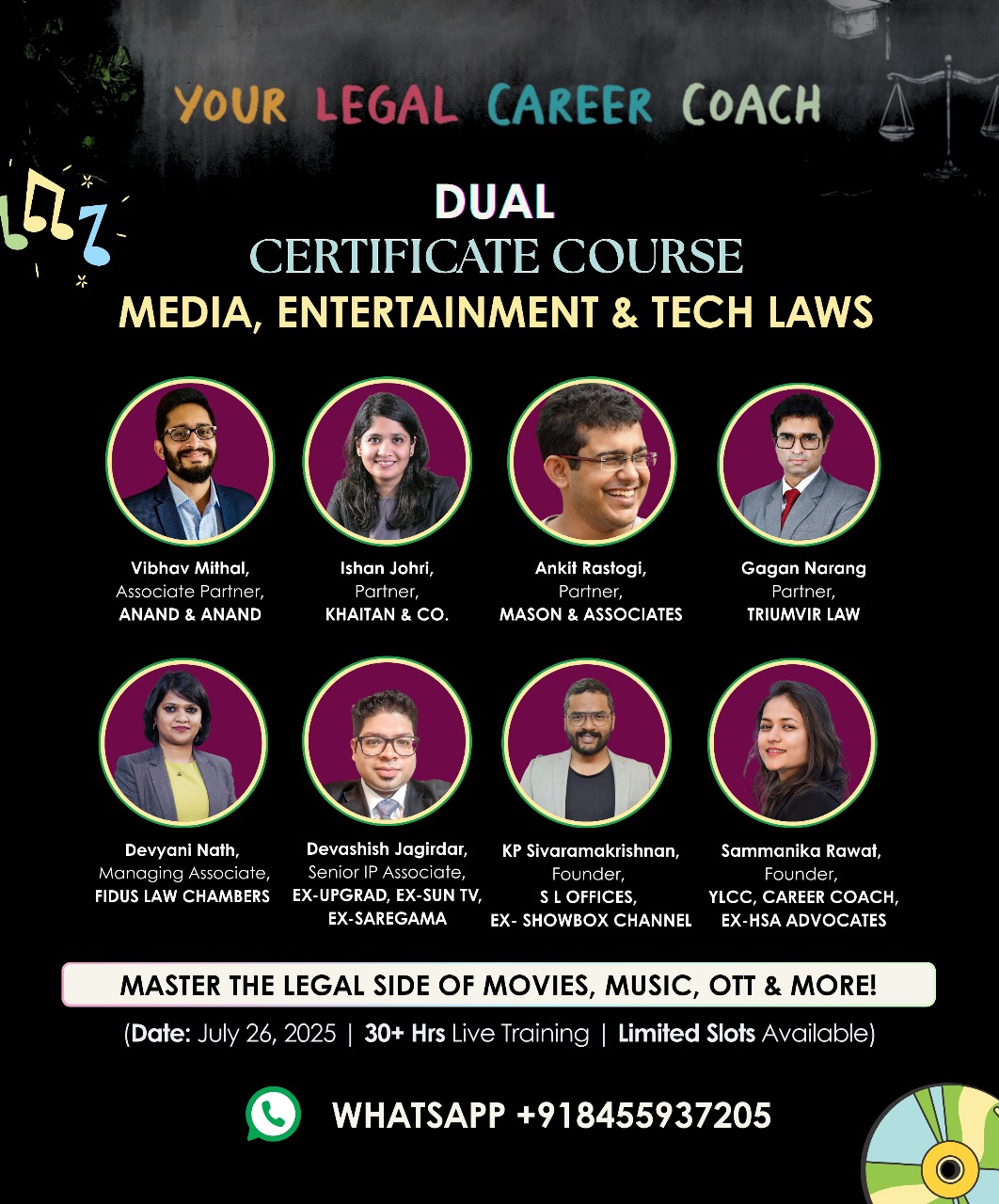
Given the fierce competition in the current job markets, instances of rejection are becoming increasingly common. Getting rejected in an interview after perhaps getting through the first stage of the interview process can have a detrimental effect on a candidate’s morale. It is worse, in fact, when the interviewee genuinely felt that the interview had gone very well and he was in strong contention for the said position. However, it is important to overcome such inconsequential setbacks and continue the effort.
When it comes to landing a new job, it is crucial to remember that how you handle rejection is just as important as the talents on your CV. Allowing rejection to shake your confidence and cause you to doubt your ability may have a detrimental impact on your performance in future interviews. In this article, Team YLCC highlights strategies through which one can effectively deal with rejection in an interview. Read on!
DO NOT LET IT BREAK YOU
Many of the reasons behind hiring decisions will not be made apparent to you. You may have performed excellently, but there could be other factors at play. For example, there may have been a very strong internal candidate who is already familiar with the business, or another candidate with slightly more relevant experience than you. These are things you cannot change; they are beyond your control.
ADOPT A FRESH APPROACH AFTER EACH INTERVIEW
Focus on getting rid of the emotional baggage from your last interview. It is imperative that you approach each new job opportunity with a fresh perspective and a positive attitude. Customise your CV to suit it to the requirements of the current opportunity and invest time in researching and preparing for the next interview. If you made mistakes or felt unprepared in your last interview – learn from this, but refrain from dwelling on your mistakes. Every company and hiring manager is different and will have a different perspective of the ‘ideal candidate.’ Keep a fresh approach while remaining true to your personality and experience.
REQUEST FOR FEEDBACK
It is not right to assume that simply because you were not selected, everything you are doing is incorrect. It is completely appropriate to gently request more comprehensive feedback on your interview from the recruiter or company in order to help you better. Remember that interview comments can be dull and unhelpful at times, so look for other forms of feedback that are actually beneficial. You could seek assistance from an HR professional to understand where exactly you went wrong, better.
NEVER STOP THE LEARNING PROCESS
When you get a rejection, your confidence can suffer, therefore it is critical to work hard to keep your morale and motivation up. It’s a good idea to keep your abilities refined and your experience current, especially if you’re not currently employed. This might be a part-time training course (if applicable), a charity initiative, mentorship, or a volunteer role in a company that interests you. While these activities may be done remotely in today’s environment, being professionally active in this way can help with ongoing development, build confidence, provide a focus outside of your job search, and provide a topic of discussion in your next interview.
KEEP UP THE SEARCH
You are doing a lot of things quite well in your job hunt if you are being consistently offered job interviews, given that only a select number of people are offered job interviews. If this is the case, it means that you do possess the requisite skillset required for the role, same as the other interviewees. So it would be incorrect to start taking too much stress and changing everything. Instead there should be an earnest effort to revise your strategy and move on to new opportunities. After a job rejection, the worst thing you can do at this time is give up or lose hope.
SEEK SUPPORT FROM YOUR FRIENDS OR PROFESSIONAL NETWORK
After receiving a difficult rejection letter or a depressing phone call informing you that you were not picked for the job, it is completely natural to seek some support or someone to talk to. So, if you think it will help, tell someone in your personal or professional network, or a family member, what you are going through. Simply sharing what happened in recent events can sometimes relieve stress and allow you to recover more quickly, allowing you to reflect on what you should do differently next time and begin planning for the next opportunity.
SEEK THE GUIDANCE OF A CAREER COACH
Job interviews, especially in professional fields like law, usually require a unique approach and a different level of preparation altogether for making a strong impression and standing out from the other interviewees. Your performance is likely to receive the boost it requires if a qualified career coach is consulted to guide you in your preparation. A career coach not only prepares you in the technical sense, but also gives valuable advice on non-verbal communication, body language, etc. which may ultimately make a huge difference.
YLCC would like to thank Sachet Labroo for his valuable insights in this article.







